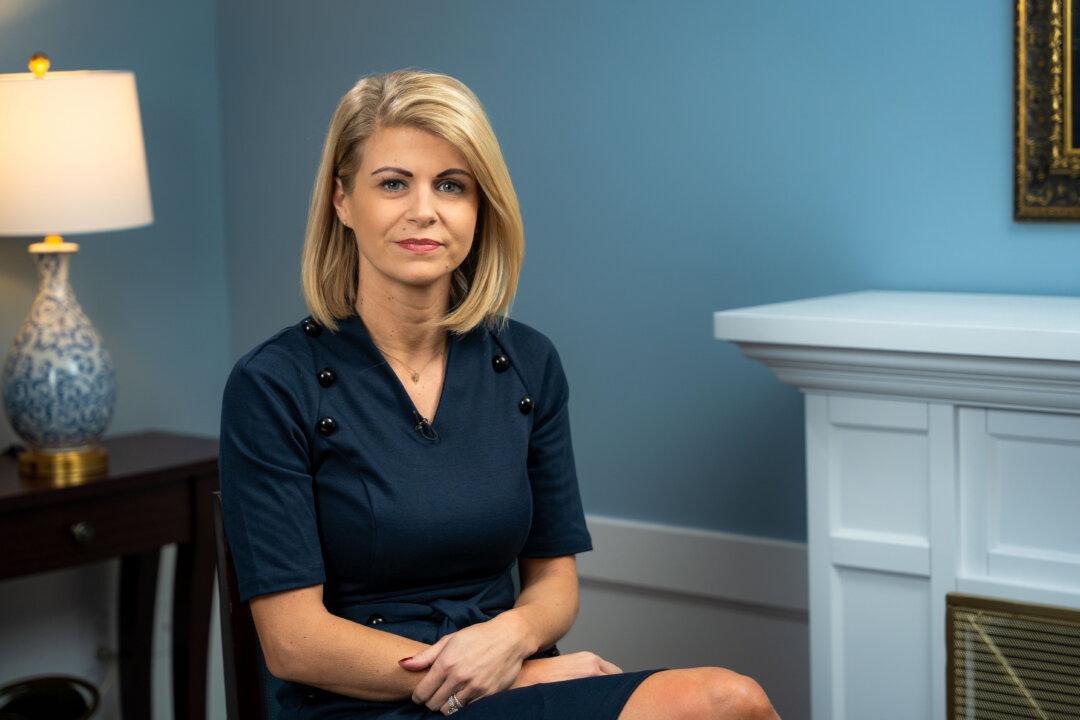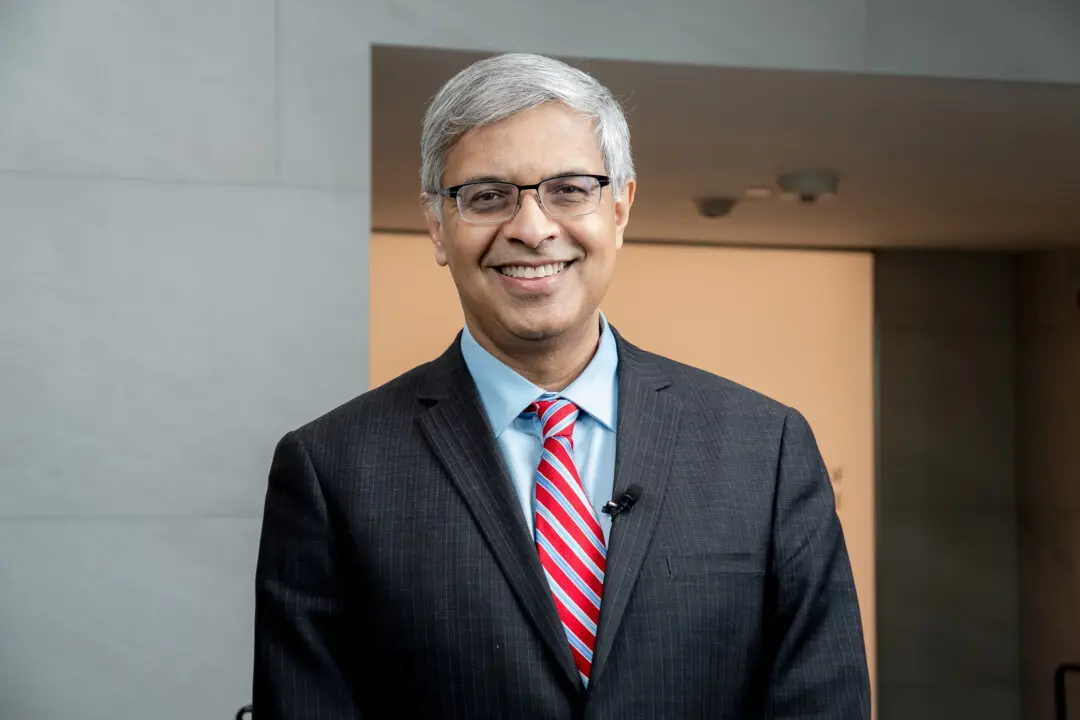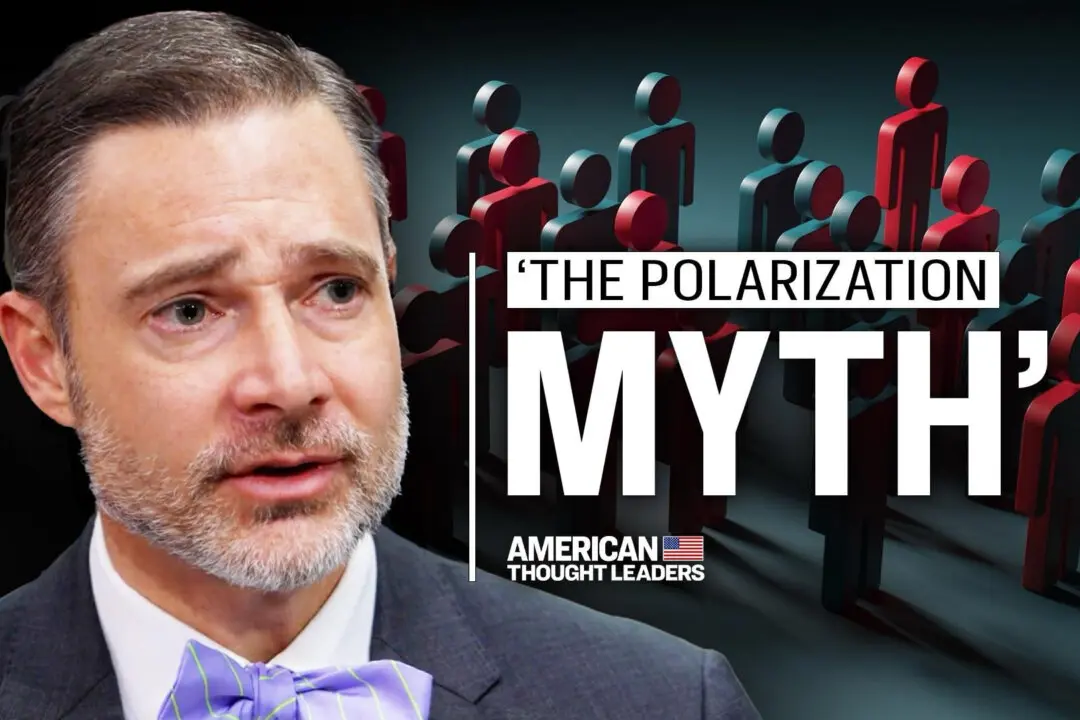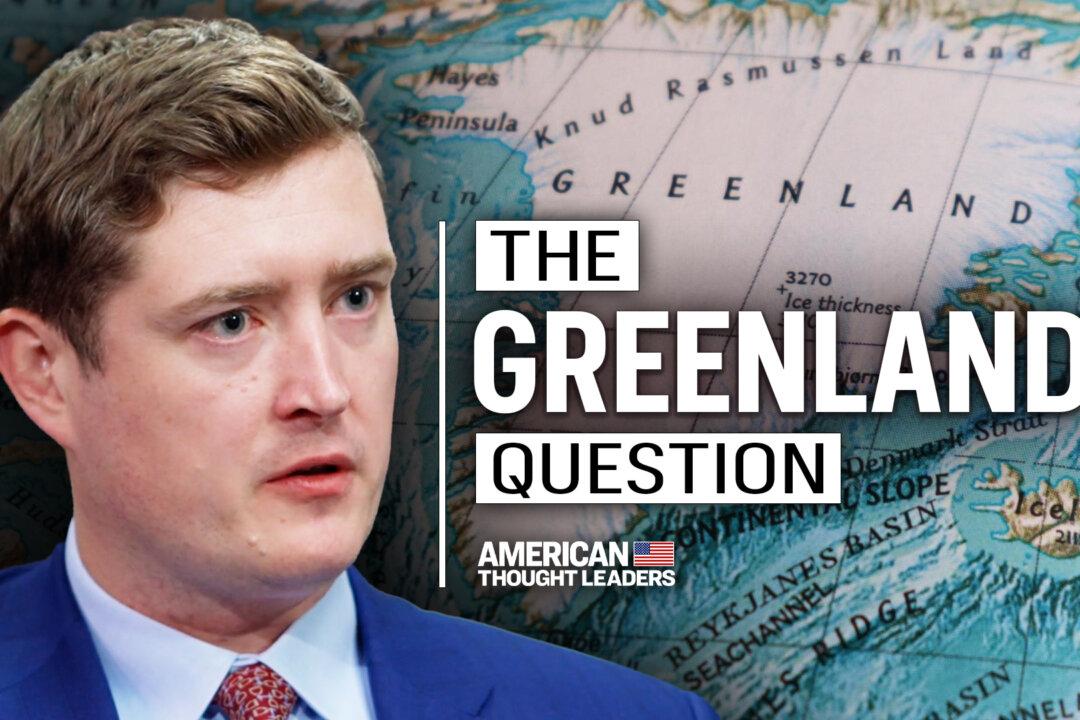In a recent episode of “American Thought Leaders,” host Jan Jekielek sits down with Emmy Award-winning reporter Liz Collin, author of “They’re Lying: The Media, the Left, and the Death of George Floyd” and producer of the new narrative-busting documentary, “The Fall of Minneapolis.” Ms. Collin breaks down what really happened the day George Floyd died, what the media left out, and what evidence was withheld at the trial.
Jan Jekielek: You’ve made an astonishing film. You’ve used body cam footage from the police officers involved in the arrest of George Floyd, including Derek Chauvin, that was withheld for a long time. You put it together telling a very different story than the world is aware of. How did you get into this so deeply?






